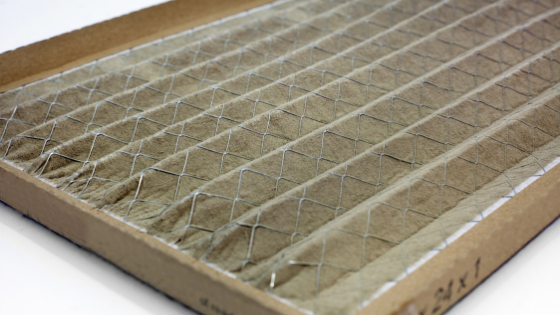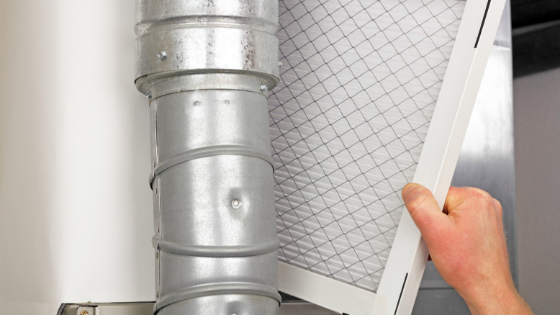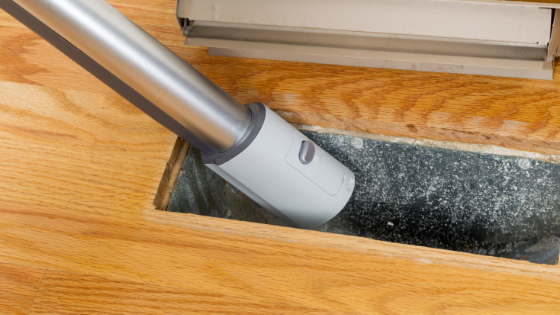HVAC filters are often forgotten about. When was the last time you changed yours? Changing your filters can elongate the life of your HVAC system and give your house better air quality. Plus, it’s cheap and easy to do! Knowing when and how to change your filters is not difficult but it may help you prolong the need to replace your HVAC system.
What to Consider
Generally, you should be changing your filters every three months. Though this is a general rule, there are many things to consider. How many people do you have living in your home? What are their needs? Do you have any young children in the home? They may need cleaner air. Having more people in the house may also require a new filter more often. The more people you have to produce debris, the more your filters have to capture. Having anyone in your home with special needs may also require better air quality.
Your House’s Needs
The size of your home is another thing to consider. A larger than the average house will be filtering more air and need new filters more often. You should also consider the surrounding area and climate of your house’s location. If you are located in an area with poor outdoor air quality, you will likely have poor indoor air quality. Pollution outside can easily carry inside and clog up your filter fasters.
If your home is a vacation home or a house not lived in regularly, it may not need a filter change as often. Not having people in the home or using it regularly will require less filtered air and produce less pollution.
The quality of your filter can also impact your needs. Cheap filters—usually made of fiberglass—are likely to get clogged up after about a month of use. Whereas mid-range filters last closer to three months and high end pleated filters can last up to about six months. The filter you get matters!
Pets and Allergies
Having pet hair in your hours will put more of a strain on your filters. Dogs and cats will create more work for your filters as their hair goes through the system. Your filters will almost certainly get dirty faster if there are pets in the house.
If any members of the house have allergies, having good quality may be a higher priority. Allergens are often passed through the air. Replacing your filters more often will keep air cleaner and help to keep allergies at bay.
How to Tell When You Need to Change Your Filter
If you still aren’t sure when to change your filter, there are a few signs you can look for. You can check your filter if you see visible dirt and build-up—it’s time for a change. It’s not hard to tell if air is having trouble passing through a filter. You should be checking your filter regularly. This will also help you keep track of how often your home requires a new filter.



